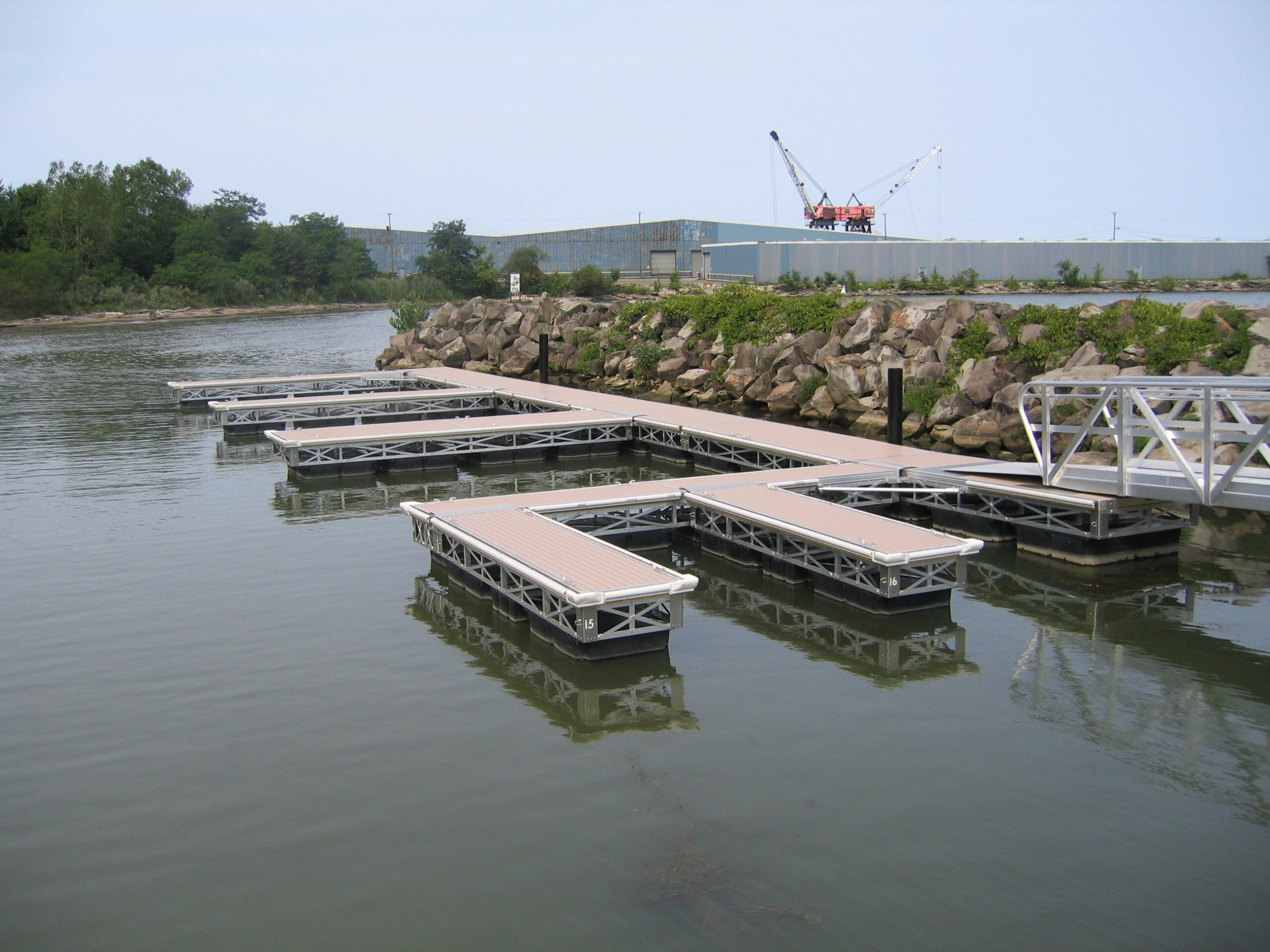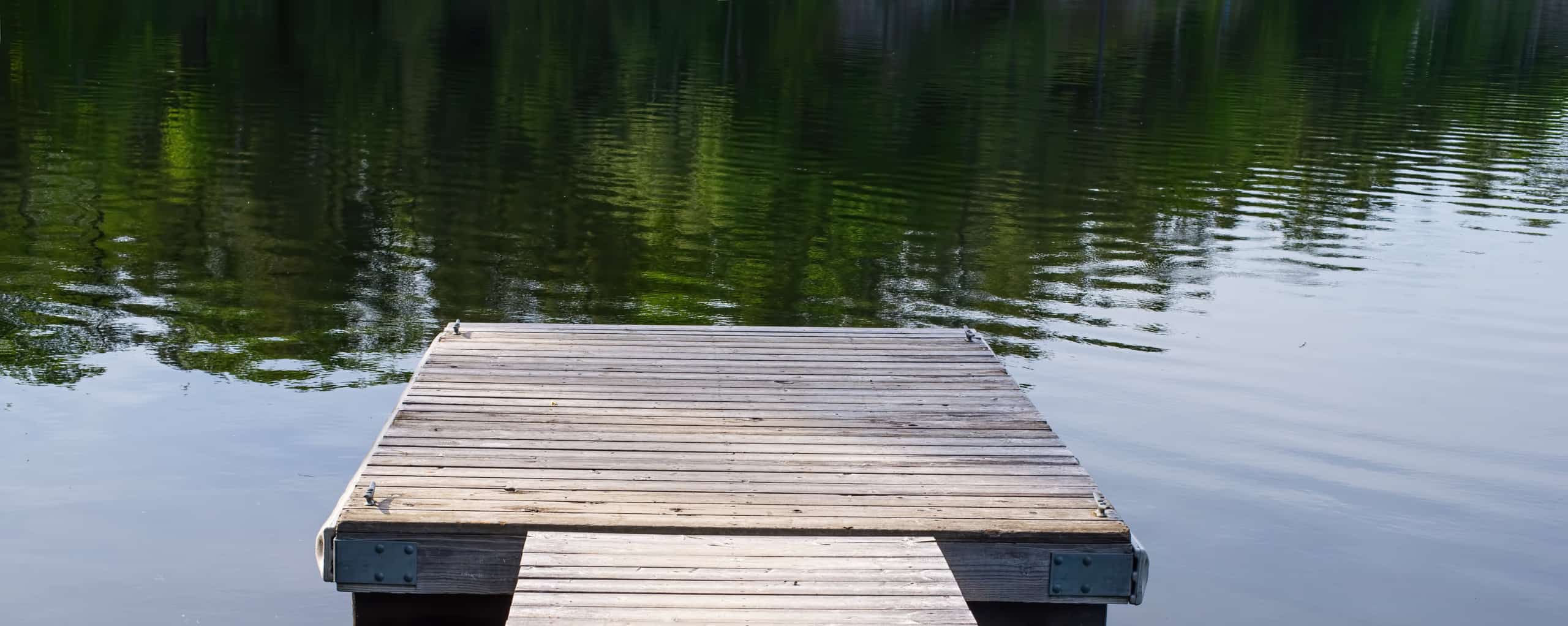Find the Perfect Floating Dock Builder to Bring Your Waterfront Vision to Life
Find the Perfect Floating Dock Builder to Bring Your Waterfront Vision to Life
Blog Article
Floating Docks: The Perfect Option for Versatile Water Accessibility
Floating docks existing an engaging service for a range of water gain access to needs, supplying versatility that goes beyond conventional mooring alternatives. The modular nature of floating docks helps with personalization, catering to specific needs.
Benefits of Floating Docks
Floating docks deal many benefits that boost water gain access to for various applications. Their capability to fall and increase with altering water degrees makes them particularly helpful in atmospheres with fluctuating tides or seasonal variants. This versatility guarantees that vessels can easily moor without problem for the water's deepness, offering a trusted system for recreational, commercial, and commercial usages.
In addition, floating docks are usually created from sturdy products that withstand deterioration, making them suitable for long-lasting use in marine atmospheres. Their installation is typically less invasive than conventional set docks, decreasing the environmental impact and facilitating quicker implementation (dock company). This flexibility enables less complicated moving or reconfiguration according to individual requirements or environmental adjustments
Safety is another key advantage; floating docks can supply stable gain access to for people boarding or disembarking from boats and lower the threat of mishaps linked with unpredictable surface areas. Additionally, they can be designed to fit a selection of devices, such as cleats and fenders, enhancing capability. Overall, floating docks stand for a reliable remedy for enhancing water accessibility across varied fields while advertising safety and security and environmental sustainability.

Kinds of Floating Docks
Numerous sorts of floating docks accommodate different requirements and settings, each created with specific functions to enhance functionality. One of the most usual kinds include modular docks, which contain interlocking areas that permit for easy customization and development. These docks are excellent for leisure use, as they can be tailored to fit different watercraft dimensions and water problems.
An additional preferred choice is the stationary floating dock, which remains anchored in position but drifts with transforming water degrees. floating docks. This kind is specifically suited for areas with minimal tidal fluctuations, supplying steady access for fishing or swimming. Additionally, there are drive-on docks, which feature a sloped layout that permits watercrafts to conveniently drive on and off, making them ideal for personal watercraft and smaller vessels
For business applications, sturdy floating docks are offered, created from enhanced products to hold up against significant tons and rough marine environments. Environment-friendly floating docks use sustainable materials and designs to reduce ecological influence, usually incorporating functions like plants to support local wildlife. Comprehending the different types of floating docks ensures that users can pick one of the most suitable option for their specific requirements.
Installation Process Overview
A successful setup of floating docks needs mindful preparation and focus to information to ensure optimal efficiency and safety. The initial action entails evaluating the site problems, including water deepness, existing, and possible barriers. This evaluation notifies the option of the ideal dock products and layout tailored to the specific atmosphere.
Next, getting essential licenses is vital, as lots of jurisdictions have regulations concerning construction on water bodies. When authorizations are protected, the setup can proceed. Begin by preparing the foundation, which might include anchoring systems or pilings tailored to the dock kind and regional problems.
Following the structure setup, construct the dock sections according to producer requirements. Make certain that all components are safely attached and straightened to stand up to environmental anxieties. Position the dock in the designated area, guaranteeing it is level and secure.

Maintenance Tips and Best Practices
After the installation procedure is total, recurring upkeep plays an important duty in ensuring the longevity and capability of floating docks. Normal inspections must be performed to recognize any indicators of damages, wear, or wear and tear - floating dock builder. Examine for any loose fittings, fractures, or splitting up in the dock sections, as these can jeopardize structural integrity
Cleansing the dock is important to eliminate particles, algae, and various other build-up that can influence its look and security. Use a gentle pressure clean regularly to preserve tidiness without causing damages to the surface news area. Furthermore, applying a safety sealant every few years can aid enhance long life and withstand ecological wear.
Pay interest to the mooring lines and supports, ensuring they are secure and free from rust. Replace any kind of degraded parts promptly to prevent dangers. Seasonal adjustments may likewise be essential; throughout extreme weather, enhancing the dock or repositioning can stop damages.
Applications for Floating Docks
Floating docks serve a multitude of applications, satisfying both entertainment and business needs. In leisure settings, they give seamless accessibility to waterways for activities such as boating, angling, and swimming. Their flexible nature enables for installation in differing water degrees, guaranteeing risk-free and secure access despite tidal fluctuations.
Readily, floating docks are important for marinas and waterfront services. They facilitate the docking of vessels, enabling efficient packing and dumping of goods. Their modular style enables very easy expansion or reconfiguration to fit altering service needs, making them excellent for watercraft services, tour procedures, or angling charters.
In addition, floating docks are utilized in ecological applications such as marine study and environment reconstruction. They can work as systems for scientific studies, monitoring water quality, or performing wild animals studies without troubling delicate communities.
In industrial contexts, floating docks are employed in construction tasks, giving accessibility to hard-to-reach areas for tools and workers. Their adaptability, resilience, and minimal influence on the atmosphere make them an optimal selection for a variety of applications, enhancing both performance and accessibility in different water-based environments.
Conclusion
Finally, floating docks stand for an optimal solution for varied water access requires, owing to their versatility, resilience, and modular layout. These structures promote secure mooring for various applications while lessening environmental effect throughout setup. The lowered maintenance needs better enhance their usefulness. Floating docks serve as a useful property for recreational, industrial, and ecological tasks, ensuring trustworthy accessibility to waterways and promoting sustainable methods in water settings.
Floating docks present a compelling solution for a variety of water access needs, offering versatility that transcends traditional mooring options.Floating docks deal many benefits that improve water gain access to for view it various applications. Generally, floating docks stand for a reliable option for boosting water accessibility why not try here across diverse sectors while promoting safety and security and ecological sustainability.
One more prominent option is the fixed floating dock, which continues to be anchored in place but drifts with altering water levels.In conclusion, floating docks represent an optimal remedy for varied water gain access to needs, owing to their flexibility, resilience, and modular design.
Report this page